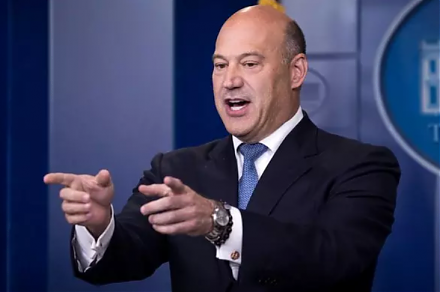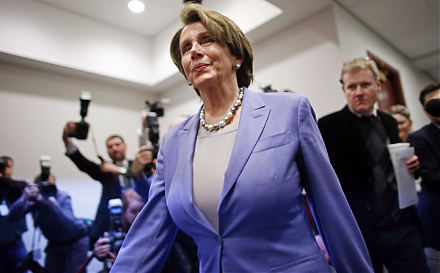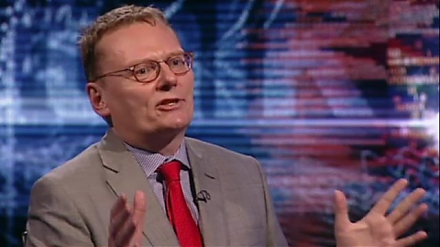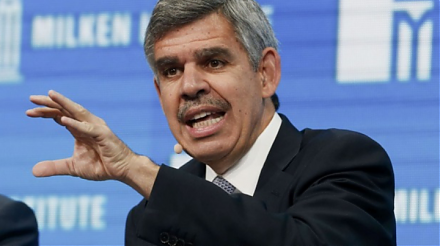

2019-10-25 07:49:00 Fri ET
treasury deficit debt employment inflation interest rate macrofinance fiscal stimulus economic growth fiscal budget public finance treasury bond treasury yield sovereign debt sovereign wealth fund tax cuts government expenditures
U.S. fiscal budget deficit hits $1 trillion or the highest level in 7 years. The current U.S. Treasury fiscal budget deficit rises from $779 billion to $1.07 trillion during the Trump administration from November 2016 to September 2019. About 60% of this Treasury budget shortfall arises from the Trump tax credits for U.S. residents and corporations. These tax cuts exacerbate the current fiscal imbalance in addition to several other fiscal stimulus packages on infrastructure, education, and technology. The fiscal deficit boosts American national debt to $22.5 trillion (or a 13% increase during the current Trump administration).
However, the fiscal deficit as a percentage of U.S. GDP decreases from a peak of almost 10% in 2009 to about 5% as of September 2019. This evidence galvanizes popular support for the Republican consensus view that both the Trump tax cuts and other fiscal stimulus packages help boost U.S. economic growth, employment, and capital investment. The U.S. unemployment rate remains at the historically low 3.7% level, and the U.S. economic growth rate reaches almost 3% per year. With low core inflation expectations below the 2% target, the Federal Reserve maintains the dual mandate of both maximum sustainable employment and price stability.
If any of our AYA Analytica financial health memos (FHM), blog posts, ebooks, newsletters, and notifications etc, or any other form of online content curation, involves potential copyright concerns, please feel free to contact us at service@ayafintech.network so that we can remove relevant content in response to any such request within a reasonable time frame.
2018-11-23 09:39:00 Friday ET

Former White House chief economic advisor Gary Cohn points out that there is no instant cure for the Sino-U.S. trade dilemma. After the U.S. midterm electio
2018-11-29 11:33:00 Thursday ET

A congressional division between Democrats and Republicans can cause ripple effects on Trump economic reforms. As Democrats have successfully flipped the Ho
2019-07-25 16:42:00 Thursday ET

Platforms benefit from positive network effects, scale economies, and information cascades. There are at least 2 major types of highly valuable platforms: i
2023-06-14 10:26:00 Wednesday ET

Daron Acemoglu and James Robinson show that good inclusive institutions contribute to better long-run economic growth. Daron Acemoglu and James Robinson
2018-04-20 10:38:00 Friday ET

Allianz chairman Mohamed El-Erian bolsters a new American economic paradigm in lieu of the Washington consensus. The latter dominates the old school of thou
2019-01-13 12:37:00 Sunday ET

We need crowdfunds to support our next responsive web design and iOS and Android app development. Upon successful campaign completion, we will provide an eb